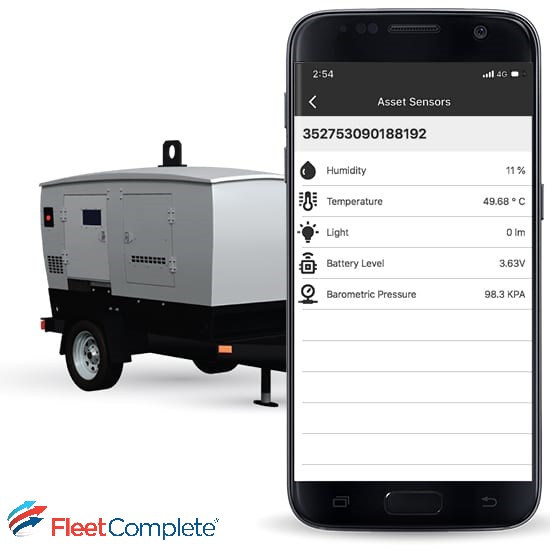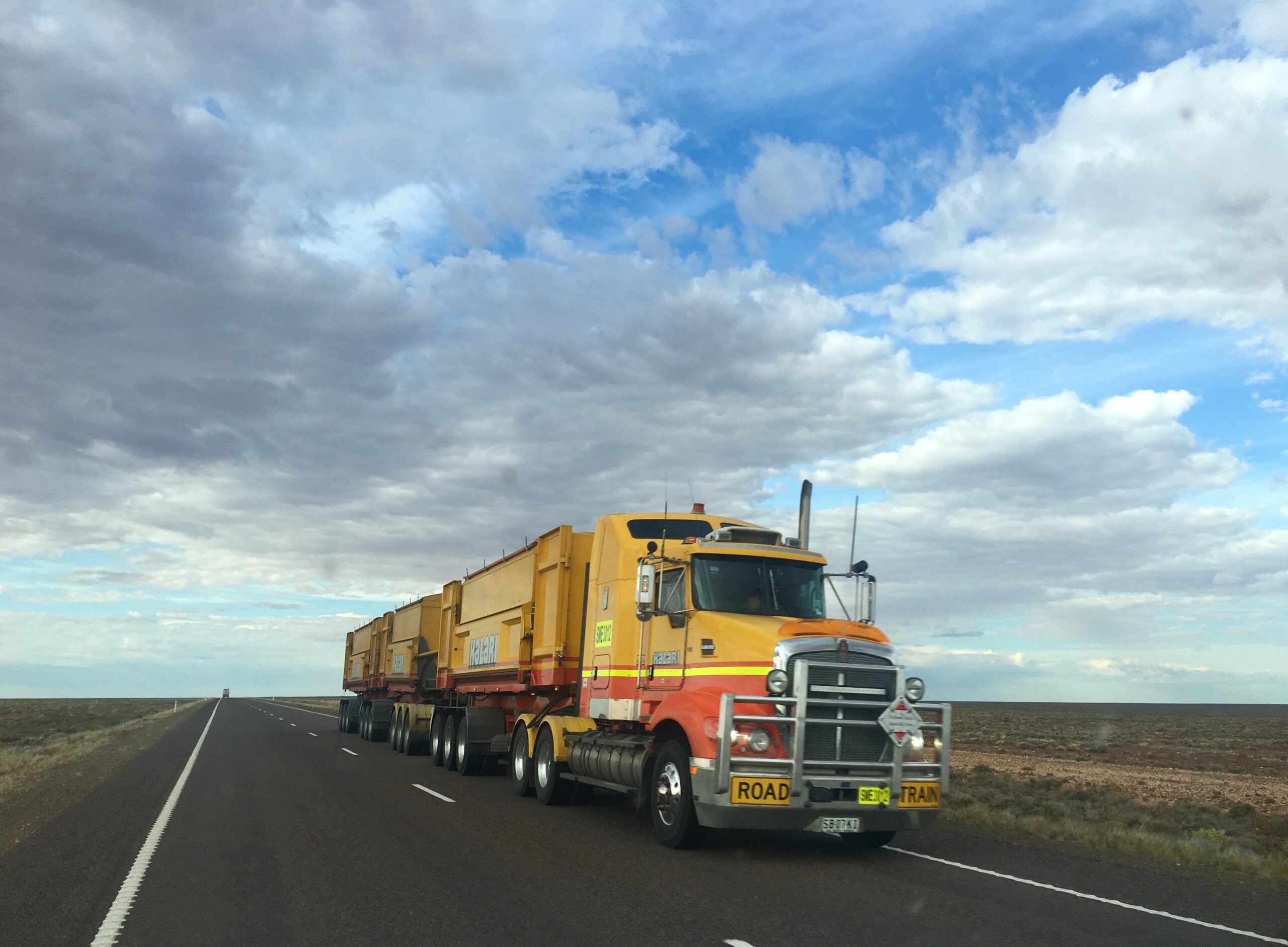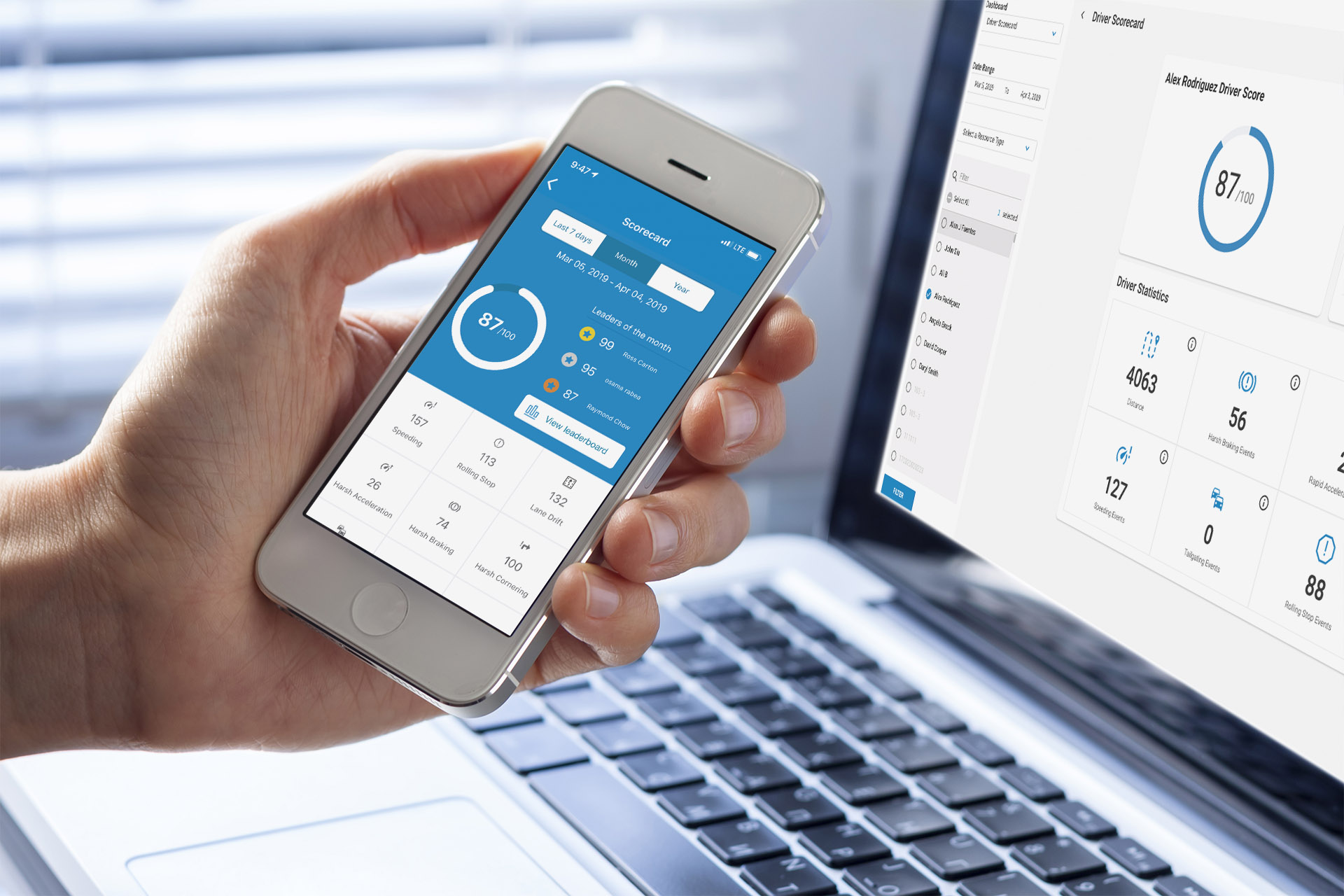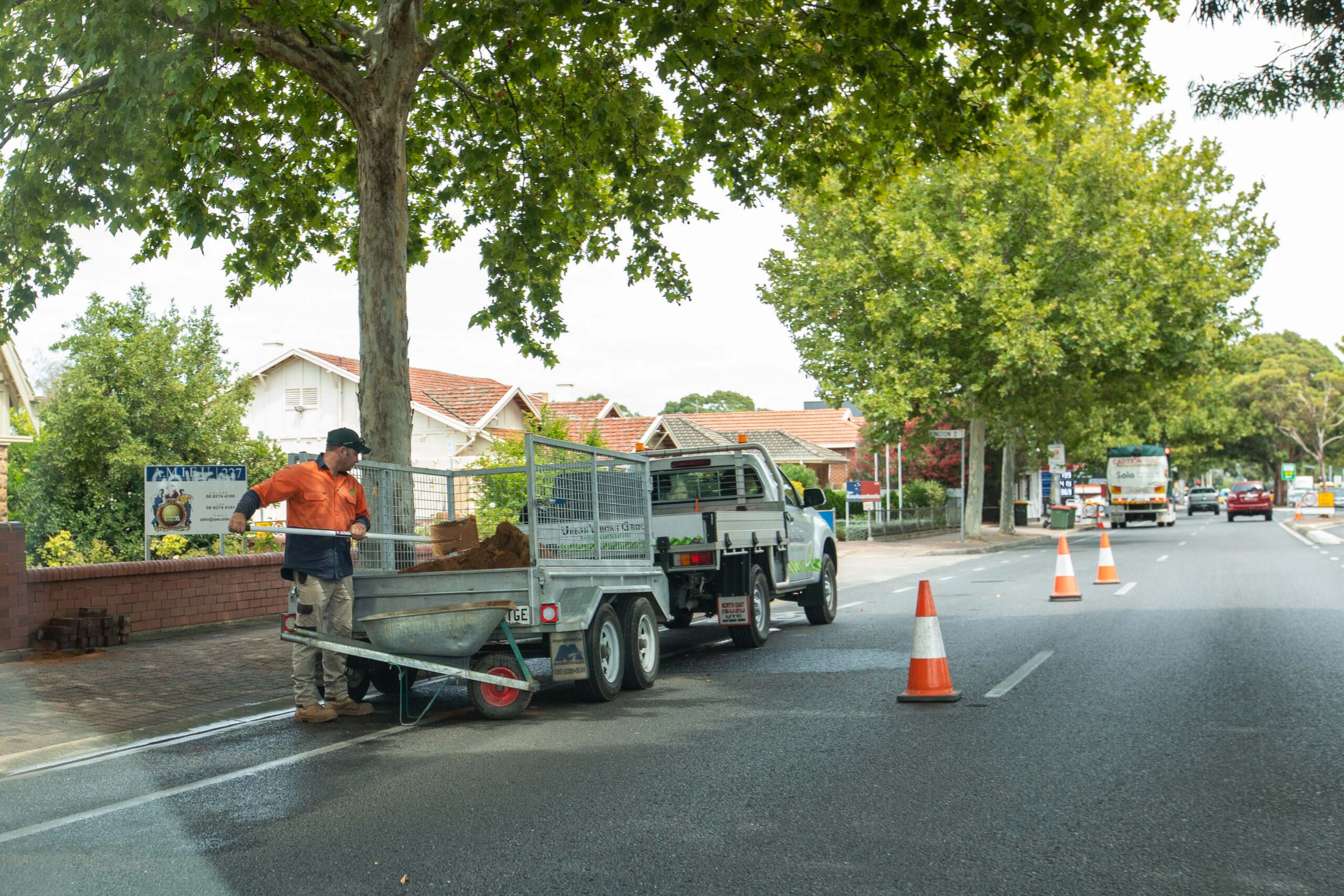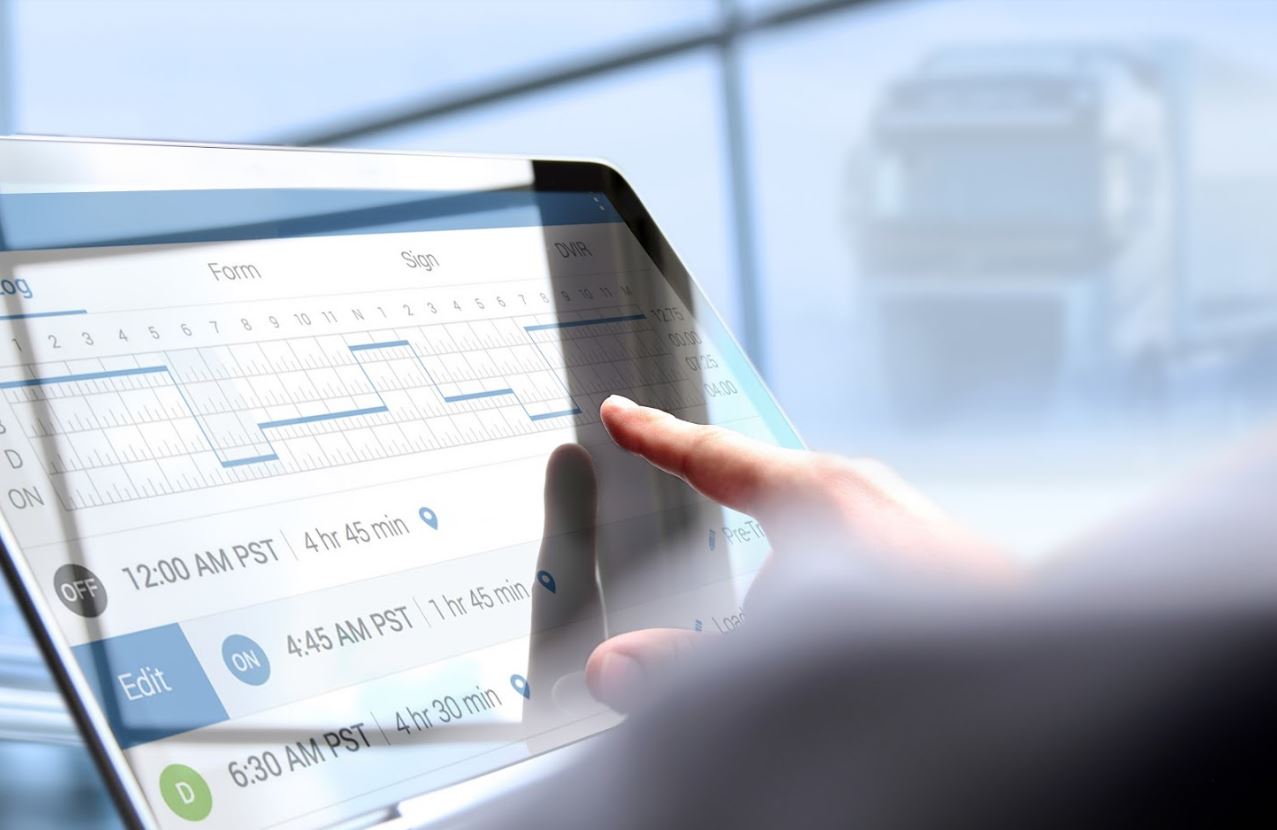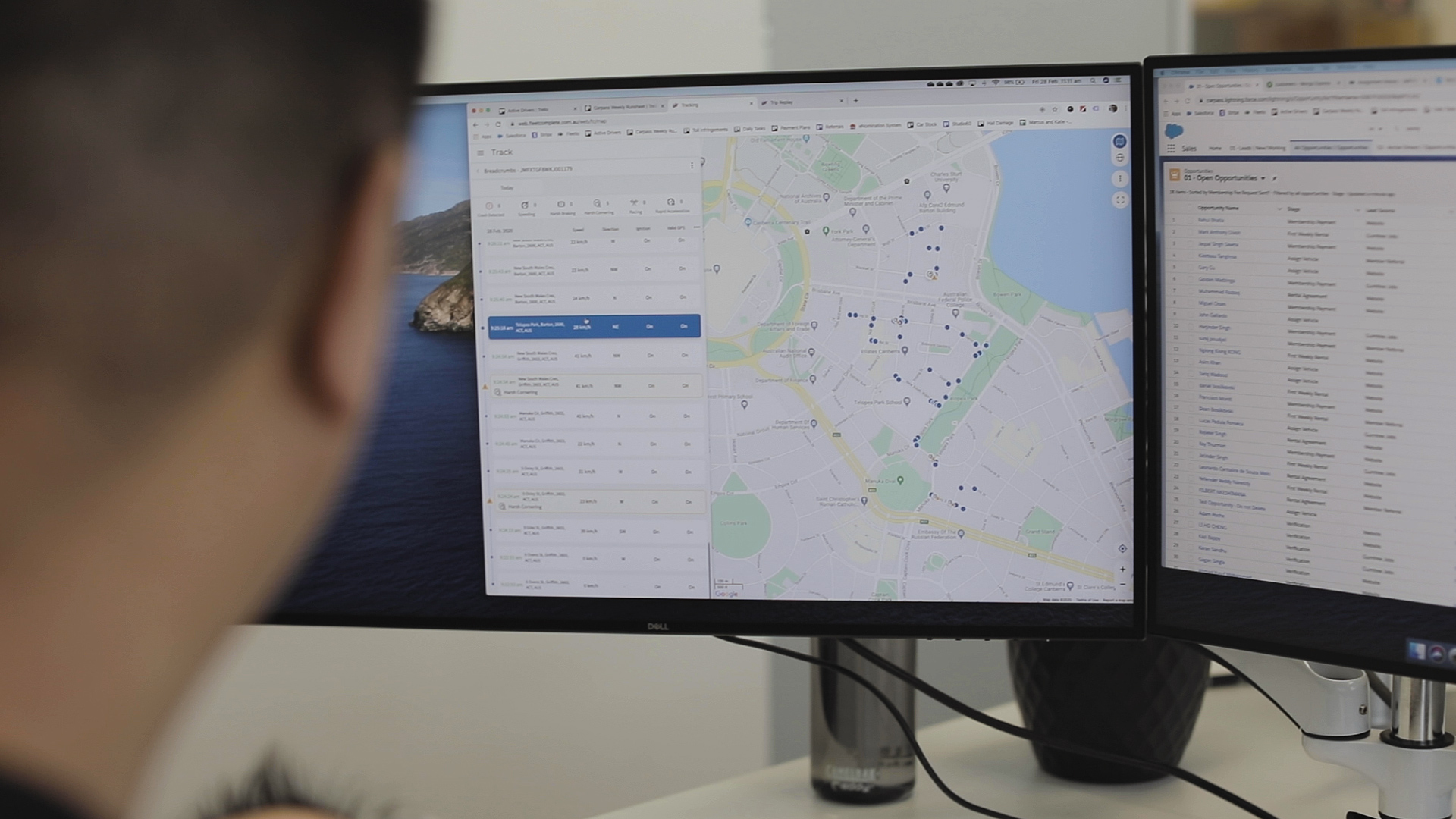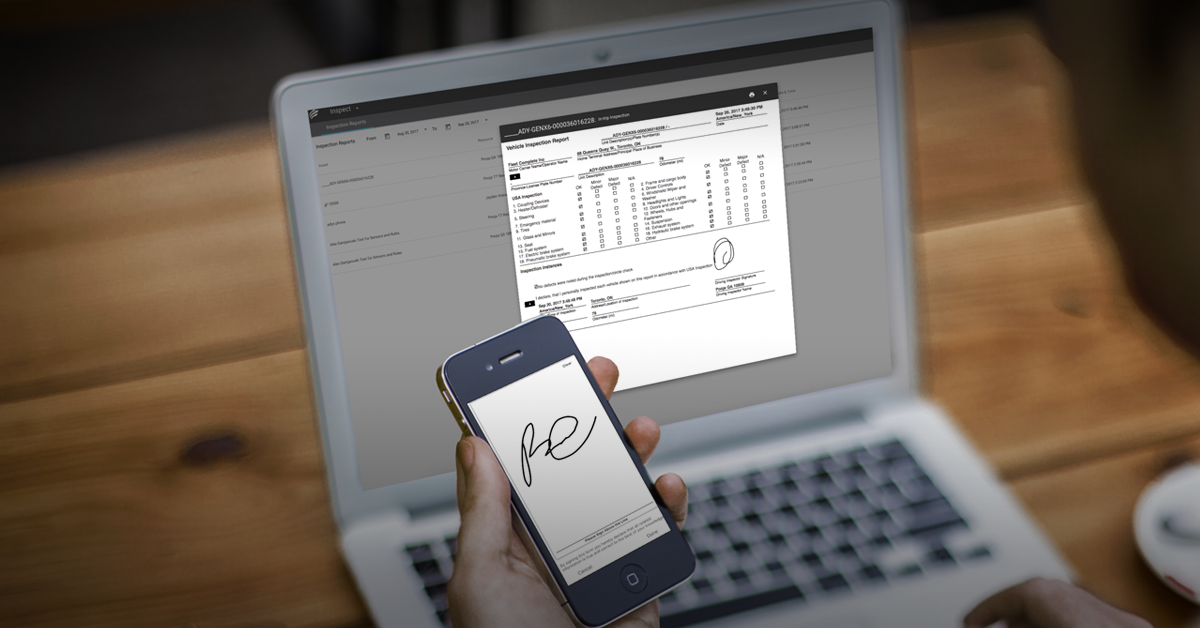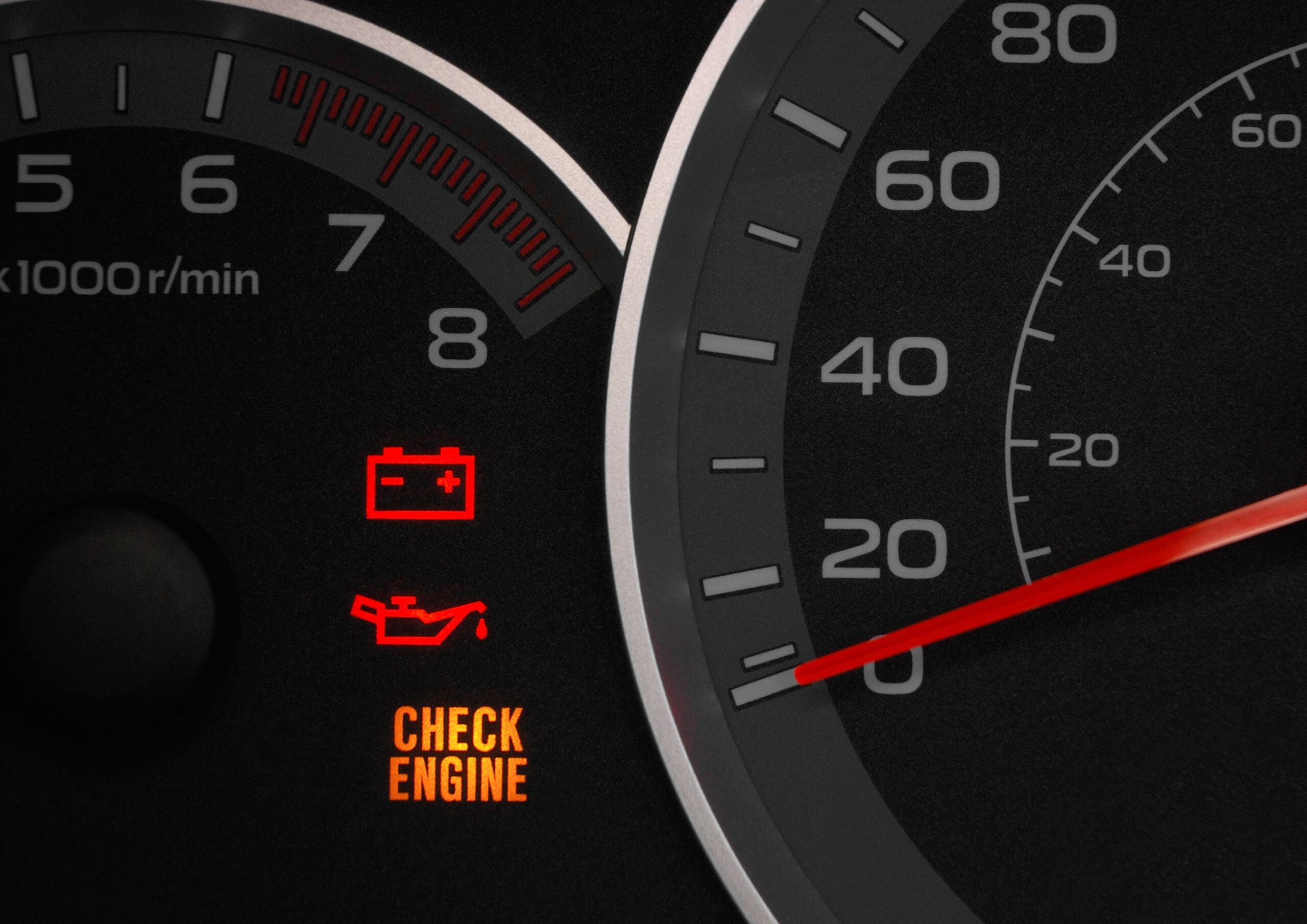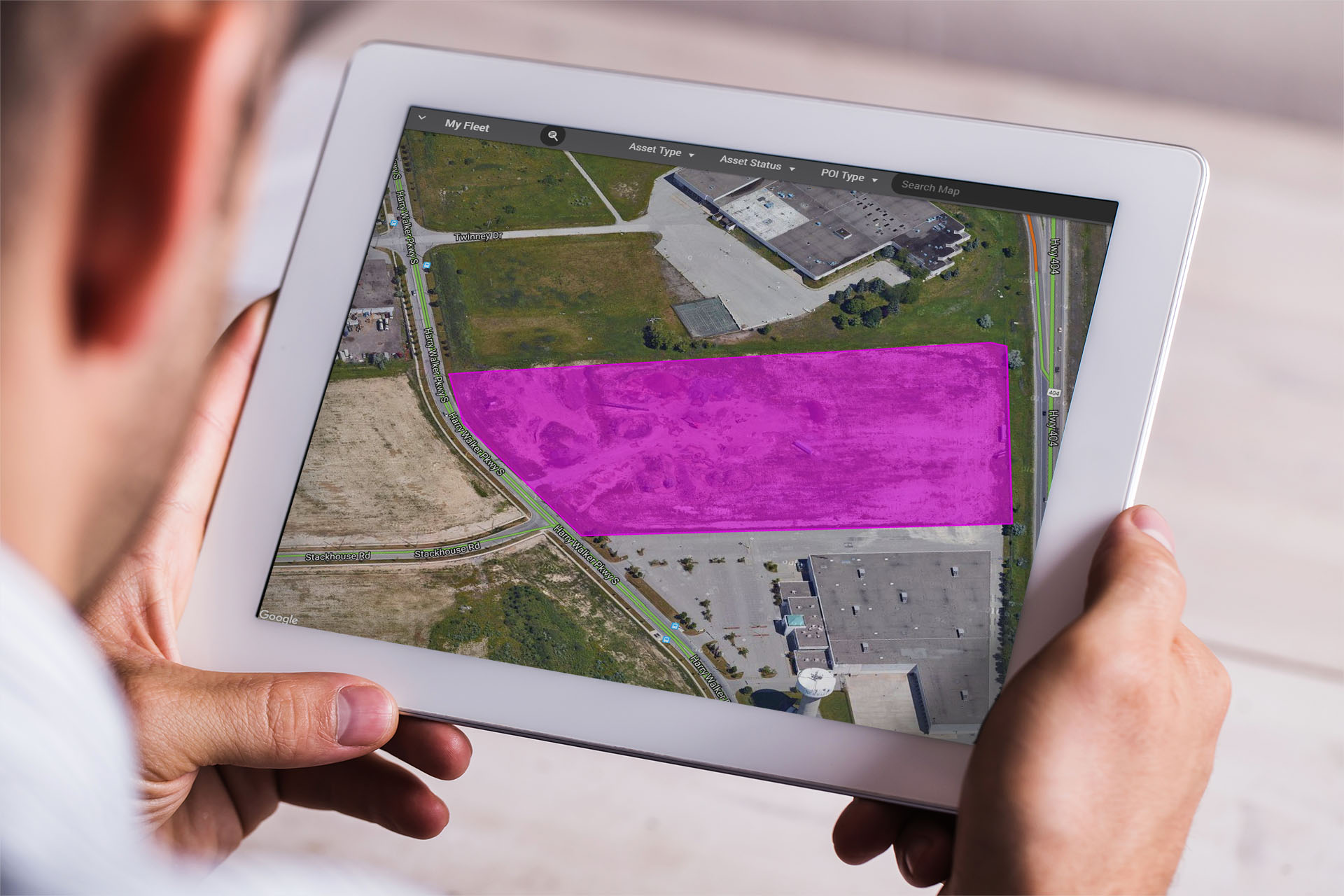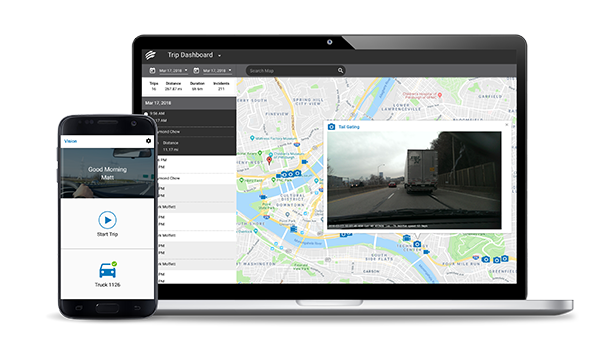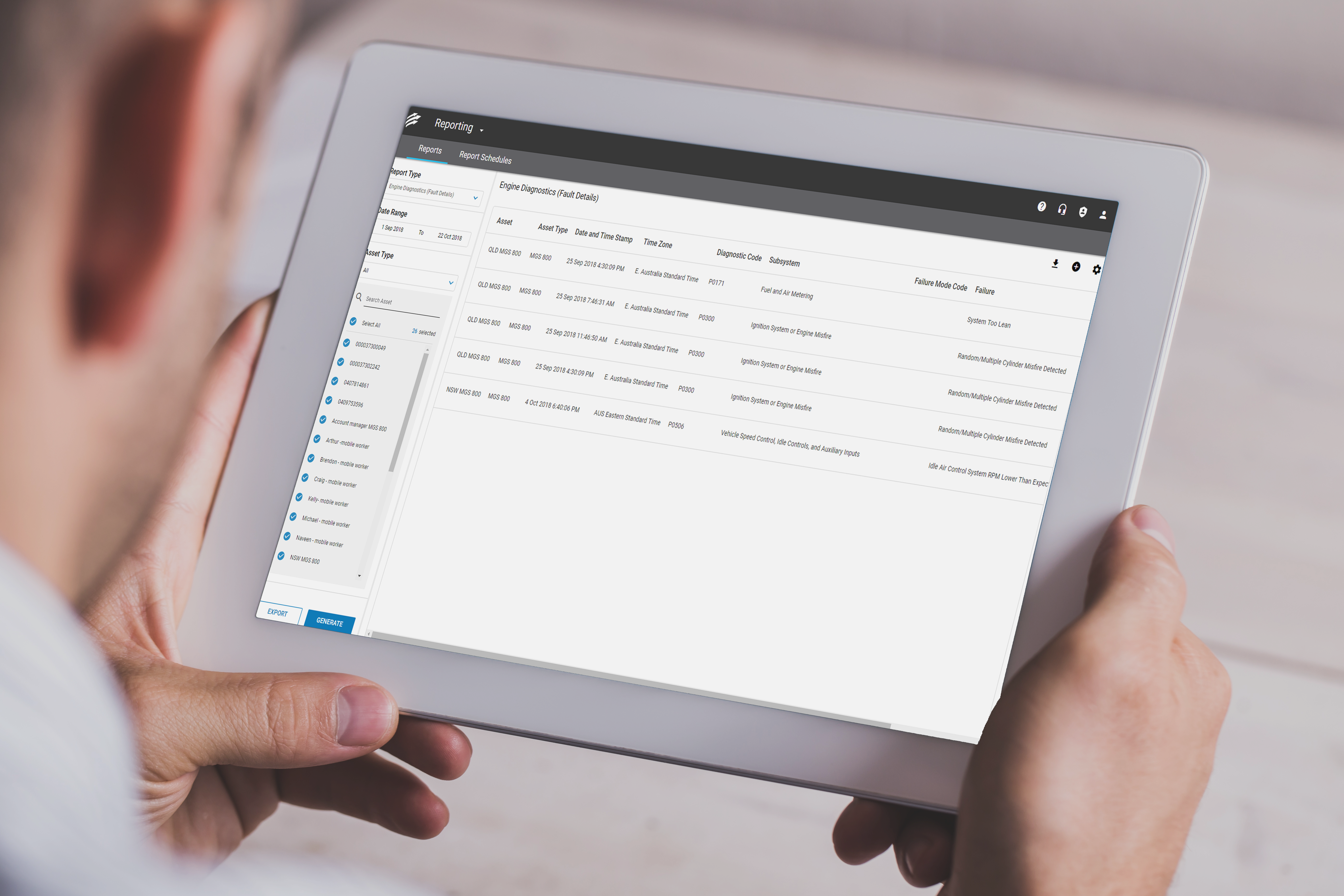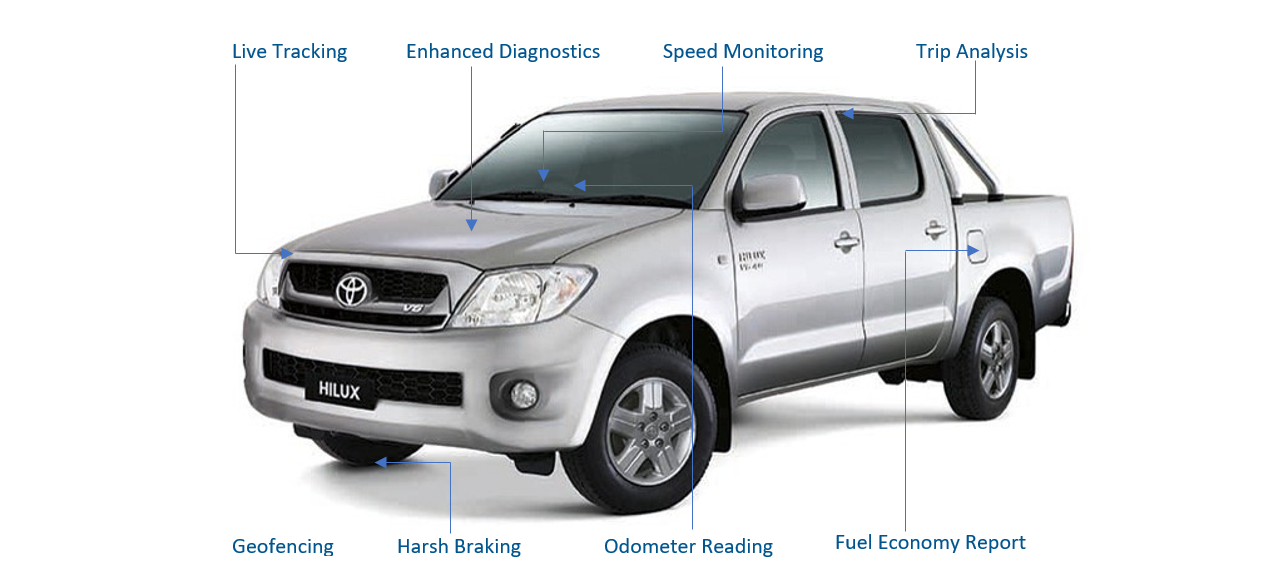GPS fleet tracking isn’t just for big companies: businesses with much smaller fleets can also reap the benefits. As well as helping you save fuel, plan better and increase driver accountability, GPS systems allow business owners and fleet managers to save on maintenance costs.
A well-maintained vehicle will run more efficiently and break down less often —news that should make all fleet managers smile. Read on to discover 5 ways GPS tracking can help you reduce fleet operating costs.
1. Plan Maintenance Schedules
Vehicles are expensive to operate considering their daily usage. There are several ways to look after your fleet to minimise the risks of accidents and breakdown—and top of the list is maintenance.
A preventative maintenance (PM) schedule can help you manage your fleet’s health. A preventative approach to maintenance means your drivers are less likely to incur issues while on a job. This minimises company costs and excessive maintenance costs.
With the number of responsibilities a fleet manager has to manage, GPS fleet tracking allows you to stay on top of things, eliminates manual data entry processes and reduces mistakes.
Simply set up maintenance reminders. Rather than relying on paperwork and memory, you get all of the necessary details when you need them. On most telematics systems, you can set up the schedule according to date or miles travelled.
2. Analyse Vehicle Reports
Dealing with one vehicle’s reports is tough enough. Multiply that by 2, 10, 30 or more, and it becomes a real handful. With GPS fleet tracking, fleet managers have access to all that valuable vehicle data at their fingertips thanks to automated collection and data reporting.
- Stay on top of preventative maintenance checks.
- Monitor driver performance to ensure they’re driving efficiently and adhering to set routes.
- Check Daily Vehicle Inspection Reports (DVIR) to ensure your fleet remains compliant and identify problems early on before they become larger issues.

Analysing this kind of data gives you a top-down perspective of your assets and operations. It can help you see and respond to patterns to take a proactive, preventative approach to fleet maintenance.
3. Reduce Miles Travelled with Enhanced Routes
With GPS fleet tracking software, you can collect trip data and analyse it. This level of insight makes it easier to improve routing and reduce mileage as well as unnecessary wear and tear.
GPS tracking tools can also help you navigate a vehicle through an unknown route—something that’s especially useful if your fleet involves trucks or HGVs. Pre-check routes to save vehicles having to turn around or make lengthy detours. This has the added benefit of lowering your operating expenses.
4. Improve Pre-Trip Walkarounds
Pre-journey checks are vital. Drivers should—without fail—be checking things like tyre pressure, breaks, signals, wipers, fluid levels and so on. Neglecting this could result in unnecessary vehicle downtime, or worse, an accident.
Your drivers themselves can be trained to do vehicle walkarounds before each journey, helping them pick up on small issues before they snowball into bigger ones. Fleet Complete’s Inspect Mobile app is one example of an easy way to establish standard driver checking procedures for pre-trip inspections. The entire process is performed on a smartphone or tablet, saving all the data and allowing managers to better monitor the health of their fleet. Nothing is left to memory.
5. Improve Driver Performance
Harsh acceleration, hard braking, speeding, and other issues could be using more fuel than necessary and a probable cause of vehicle damage, increasing your operating costs. As well as helping to protect vehicles from overuse, GPS vehicle tracking can also help you pinpoint aggressive driving in your fleet.
National Transport Insurance, Australia’s biggest insurer of trucks, released a study of crashes involving trucks. It revealed a worrying increase in truck driver deaths in 2019.
“Importantly, the report found in 80 per cent of all serious crashes involving cars and trucks, the car driver was at fault – a startling figure as many Australians begin to use their vehicles again following weeks of driving restrictions,” an NTI article stated.
Bad driving can cause accidents, injuries, and even fatalities. Being able to pick up on these behaviours and provide timely training improves fuel efficiency, reduces insurance premiums and lowers your chances of being embroiled in a claim.
When it comes to keeping fleet costs down, GPS tracking software can be a valuable solution—whether your fleet is made up of 2 or 200 vehicles. Monitor mileage, keep on top of maintenance schedules and ensure your vehicles are operating as efficiently as possible.
Take a fleet management system for a spin to see how it can help you reduce your fleet operating costs. Get started today by trying out our Fleet Complete demo.


















